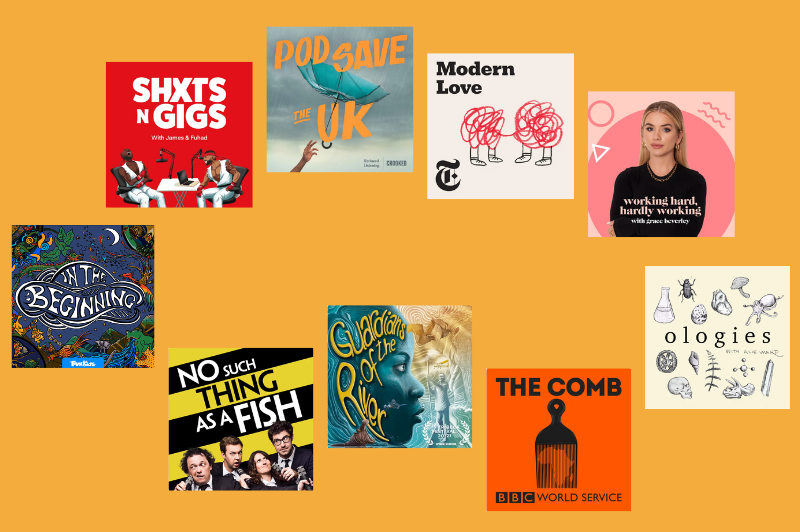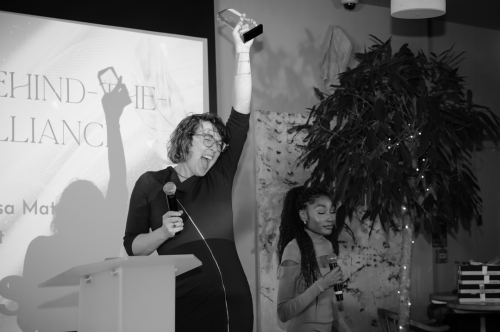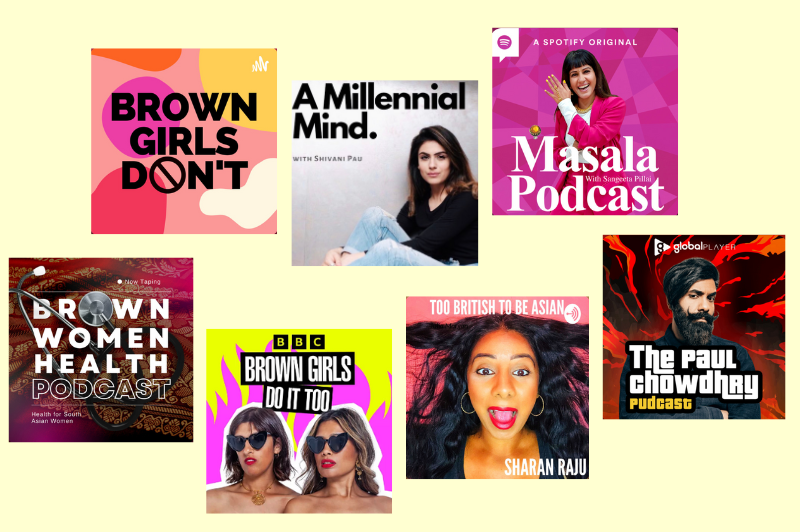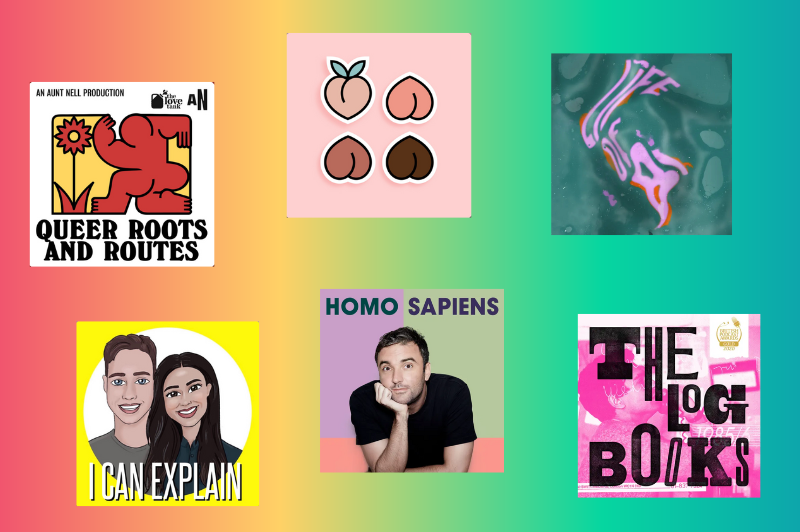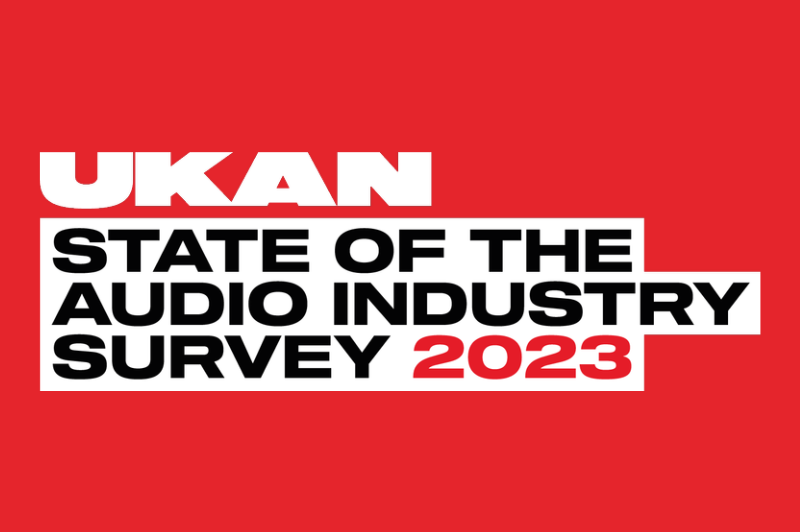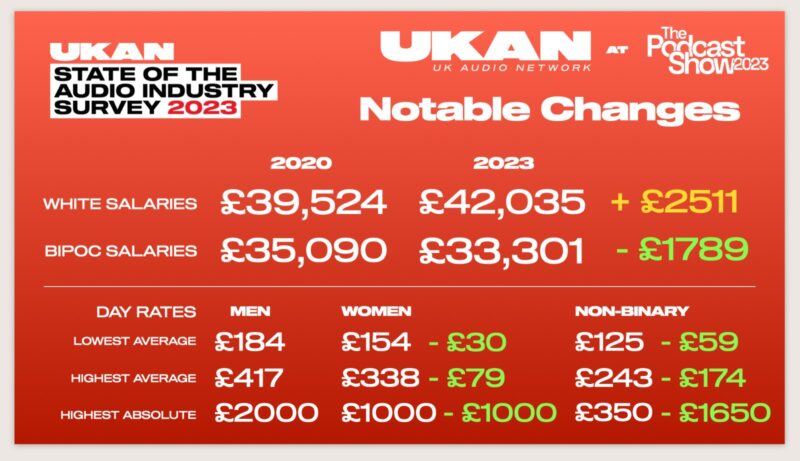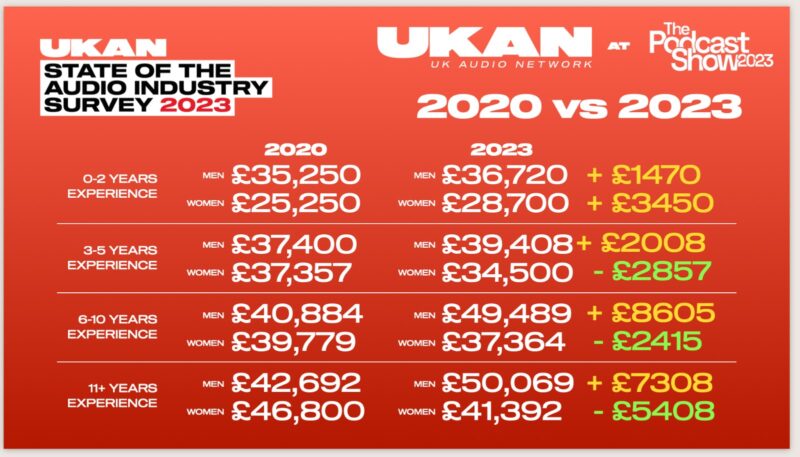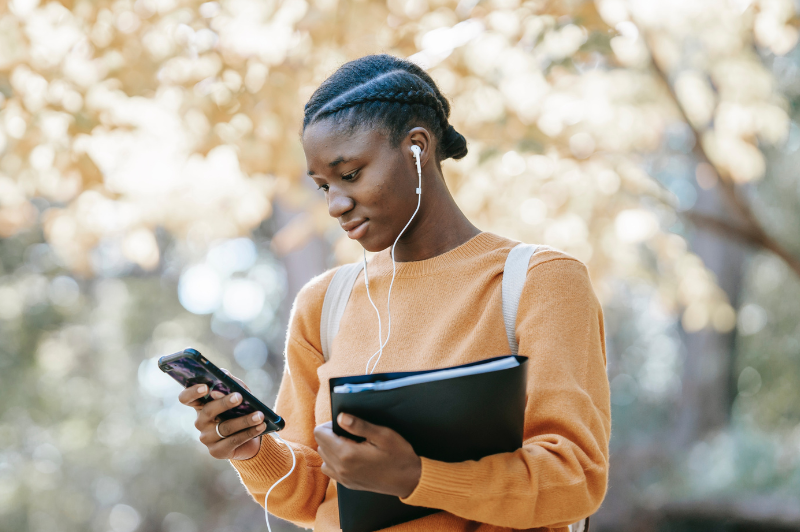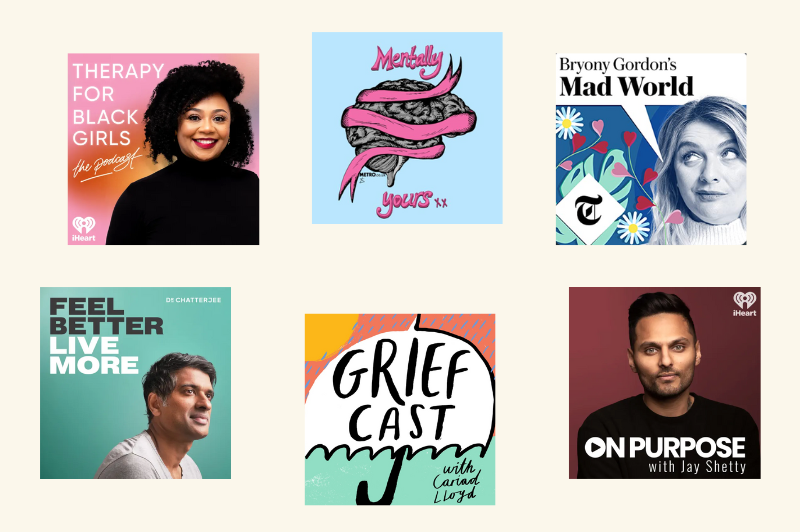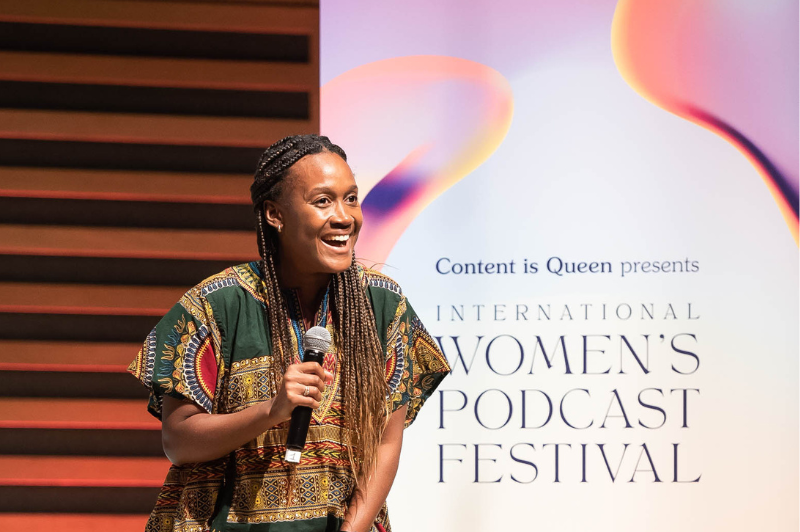We’re taking some time in August to catch up on some of our favourite podcasts. So if you are headed off on your summer travels, or day tripping from home, we’re sharing some great listens to make the journey more enjoyable. From laugh-out-loud comedies to tune into with your mates to our top picks for family-friendly entertainment, these are the podcasts you should consider adding to your library.
Podcasts to listen to with friends…
ShxtsNGigs
ShxtsNGigs is a weekly podcast by best friends James and Fuhad. With no subject off limits, the duo shares their unfiltered opinions on whatever comes to mind. If you’re unfamiliar with the pod, you may have seen the hosts on your feed with their viral “Twitter Hall of Fame” segment. If you’re looking for a raw, reactive, and genuinely funny show, ShxtsNGigs is for you.
Pod Save the UK
In search of political news that’s digestible and entertaining? Look no further than Pod Save the UK. Hosts journalist Coco Khan and comedian Nish Kumar get together weekly to unpick the latest in politics, explore solutions and inspire action. Featuring politicians, experts and famous friends, Pod Save the UK is our favourite way to stay in the loop with all things politics. We particularly enjoyed episode 3: Facts, Rats, and Rents.
Modern Love
For 18 Years, the New York Times’ Modern Love column has explored the complicated love lives of real people. Over the years, it’s evolved into three books, a TV show and a podcast. Every Wednesday, host Anna Martin delves into love in all its glory. From life-changing moments to the dating world and being ghosted, it’s a wholesome listen you’ll look forward to. We recommend starting with Stop Looking for the Perfect Partner.
Working Hard, Hardly Working
Brought to you by serial entrepreneur Grace Beverley, Working Hard, Hardly Working covers a broad range of subjects, perfect for the whole friendship group. From surviving your 20s and imposter syndrome to building a business, Grace is joined by founders, content creators and celebs for candid chats about life. We particularly enjoyed the recent episode with Caroline Calloway.
Podcasts to listen to with kids…
Rid yourself of hearing the words “are we there yet?” on repeat by popping on a podcast for the whole family. From ancestral tales, African rivers and endangered animals to comedic science and weird and wonderful facts, here are our top picks of engaging podcasts perfect for those long family road trips.
In The Beginning
Why are we here, how did we get here and who are we anyway? Brought to us by Lucia Scazzocchio of Social Broadcasts and Hawa Kahn, supported by the Audio Content Fund, In the Beginning shares creation stories from around the world that have helped us make sense of the world. In this magical immersive audio adventure back to beginning time, it brings ten ancestral tales to life with stories that transport us into a dreamtime where we meet animals, gods and spirits – the makers, shapers and creators.
No Such Thing as a Fish
With weekly episodes dating back to 2014, No Such Thing as a Fish is the longstanding podcast from the markers of the quiz show QI. The award-winning pod sees hosts Anna Ptaszynski, James Harkin, Dan Schreiber, and Andrew Hunter Murray get together to discuss all the best things they’ve discovered that week. You’ll learn many weird and wonderful facts unearthed in the past seven days, from taming planes to giant otters. Trust us; give it a go.
Guardians of the River
An excellent listen for the whole family, Guardians of the River is an award-winning podcast that tells the story of the guardians of the Okavango water system, a network of rivers spanning three African countries. Host Kerllen Costa tells the story of the guardians who have the monumental task of safeguarding the home of some of the most endangered animals on the planet while facing threats from all sides. You’ll soon see why this pod won Best Narrative Nonfiction Podcast at the Tribeca Film Festival.
The Comb
Hosted by Kim Chakanesta, The Comb spotlights stories about the unseen forces that bind together and tear apart the communities of Africa. Sharing a single story every week, Kim gives a unique insight into life in Africa. From discovering 6-million-dollar diamonds to the challenges of motherhood, The Comb is home to real-world stories like no other. Start with Lives in Limbo as Kim explores life in Africa’s largest refugee camp.
Ologies
Brought to you by Daytime Emmy Award-winning science correspondent Alie Ward, Ologies is a comedic science show you’ll wish existed when you were at school. From trees and volcanoes to anxiety busters and Mars missions, Alie injects life into an array of subjects you may not pay too much attention to otherwise. We particularly enjoyed Black American Magirology with Dr Psyche Williams-Forson.
If you need help finding family-friend podcasts, especially for children, check out KidsPod: a new podcast platform revolutionising listening for kids aged 3-13.
Thirsty for more? We’ve got plenty of podcast recommendations on our blog – from Women-led, LGBTQIA, Black and South Asian specials to mental health and wellbeing pods.

